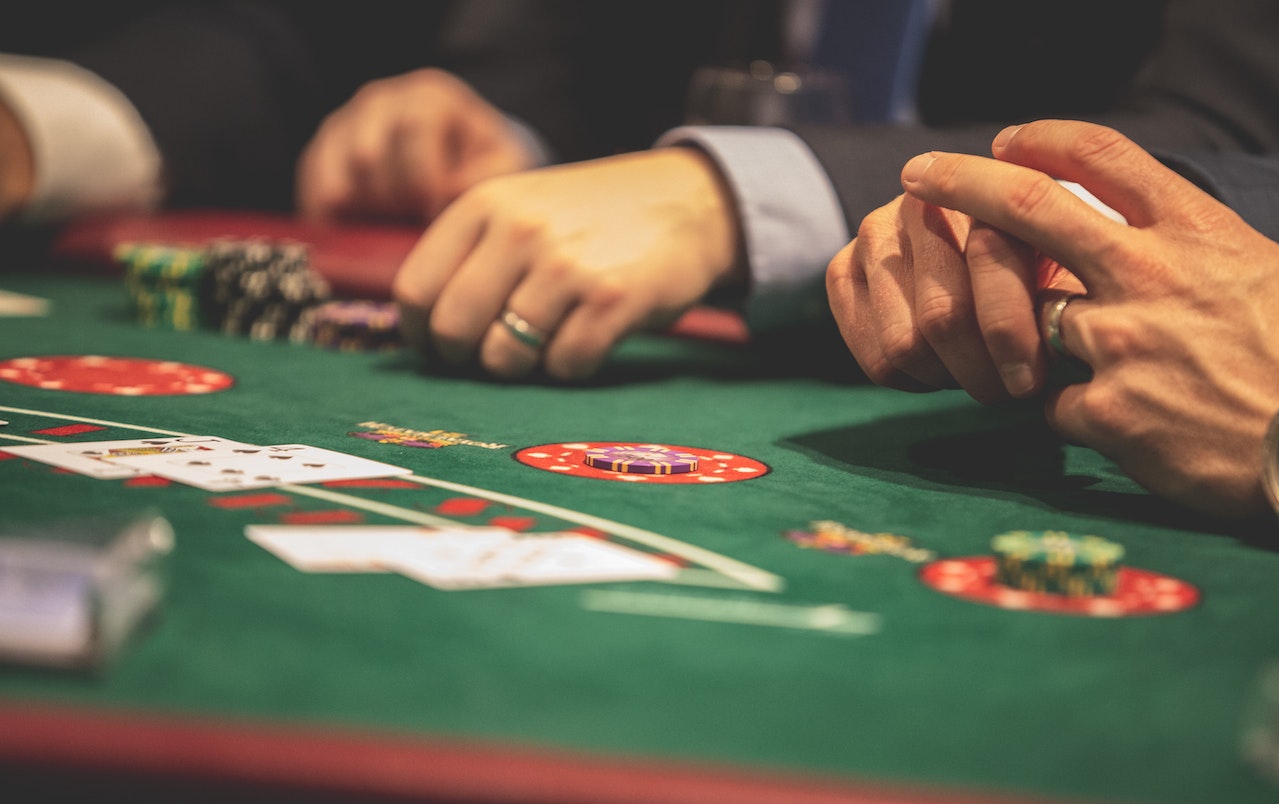
Gambling addiction is a serious problem with far-reaching consequences. It can lead to financial ruin, strained relationships, and even mental health issues. However, overcoming this addiction is possible with the right tools and support. In this article, we’ll explore practical tips for breaking the cycle of gambling addiction and finding a path to recovery.
The Impact of Gambling Addiction on Personal & Professional Life
Gambling addiction can have a significant impact on a person’s personal and professional life. It can lead to financial problems, strained relationships, and even job loss. Many gamblers feel ashamed and isolated, which can further exacerbate their addiction.
Financial problems are one of the most common consequences of gambling addiction. Gamblers may find themselves in debt or struggling to pay bills. In extreme cases, they may even resort to illegal activities to fund their addiction. This can lead to legal problems and even jail time.
Relationships are another area that can be negatively affected by gambling addiction. Gamblers may lie to their loved ones about their gambling habits or try to hide their behavior. This can lead to a breakdown in trust and strained relationships. Family members may also feel betrayed or hurt by the gambler’s behavior.
Finally, gambling addiction can also impact a person’s professional life. Gamblers may miss work or perform poorly due to their addiction. They may also lose their job as a result of their behavior. This can further exacerbate financial problems and even lead to more gambling.
Seeking Professional Help
Seeking professional help is an important step in overcoming gambling addiction. There are many different types of treatment available, including therapy, support groups, and medication.
Therapy is one of the most effective forms of treatment for gambling addiction. It can help gamblers identify the root causes of their addiction and develop healthy coping mechanisms. Cognitive-behavioral therapy (CBT) is a type of therapy that is particularly effective for gambling addiction. It focuses on changing negative thought patterns and behaviors.
Support groups can also be helpful for gamblers who are trying to overcome their addiction. Groups like Gamblers Anonymous provide a safe space for gamblers to share their experiences and connect with others who are going through the same thing. These groups can be a source of support and encouragement for those who are struggling with their addiction.
Finally, medication can be used to treat some of the symptoms of gambling addiction. Anti-anxiety medication, for example, can help gamblers manage the anxiety and stress that often accompanies their addiction. However, medication should only be used under the guidance of a medical professional.
There are also many online resources available for gamblers who are trying to overcome their addiction. These include websites, forums, and chat rooms where gamblers can connect with others and access helpful information and resources. You can also use a Gambling Addiction Helpline if you prefer to talk to someone and get more personable help.
Rebuilding Relationships and Trust after Overcoming a Gambling Addiction
Rebuilding relationships and trust is an important part of the recovery process for gamblers. It can be a long and difficult road, but it is possible with the right mindset and approach.
One of the first steps in rebuilding relationships is to apologize to those who have been hurt by the gambler’s behavior. This can be a difficult conversation, but it is an important step in showing that the gambler is committed to changing their ways.
Another important step is, to be honest, and transparent about the recovery process. Gamblers should communicate their progress and any setbacks with their loved ones. This can help rebuild trust and demonstrate that the gambler is taking their recovery seriously.
Finally, gamblers need to make amends where possible. This may involve repaying debts or making other financial reparations. It can also involve spending quality time with loved ones and showing them that they are a priority.
Conclusion
Overcoming a gambling addiction is a difficult but achievable goal. With the right tools and support, gamblers can break the cycle of addiction and find a path to recovery. Seeking professional help, rebuilding relationships, and accessing resources for recovery are all important steps in this process. If you or someone you love is struggling with gambling addiction, know that help is available and recovery is possible.
